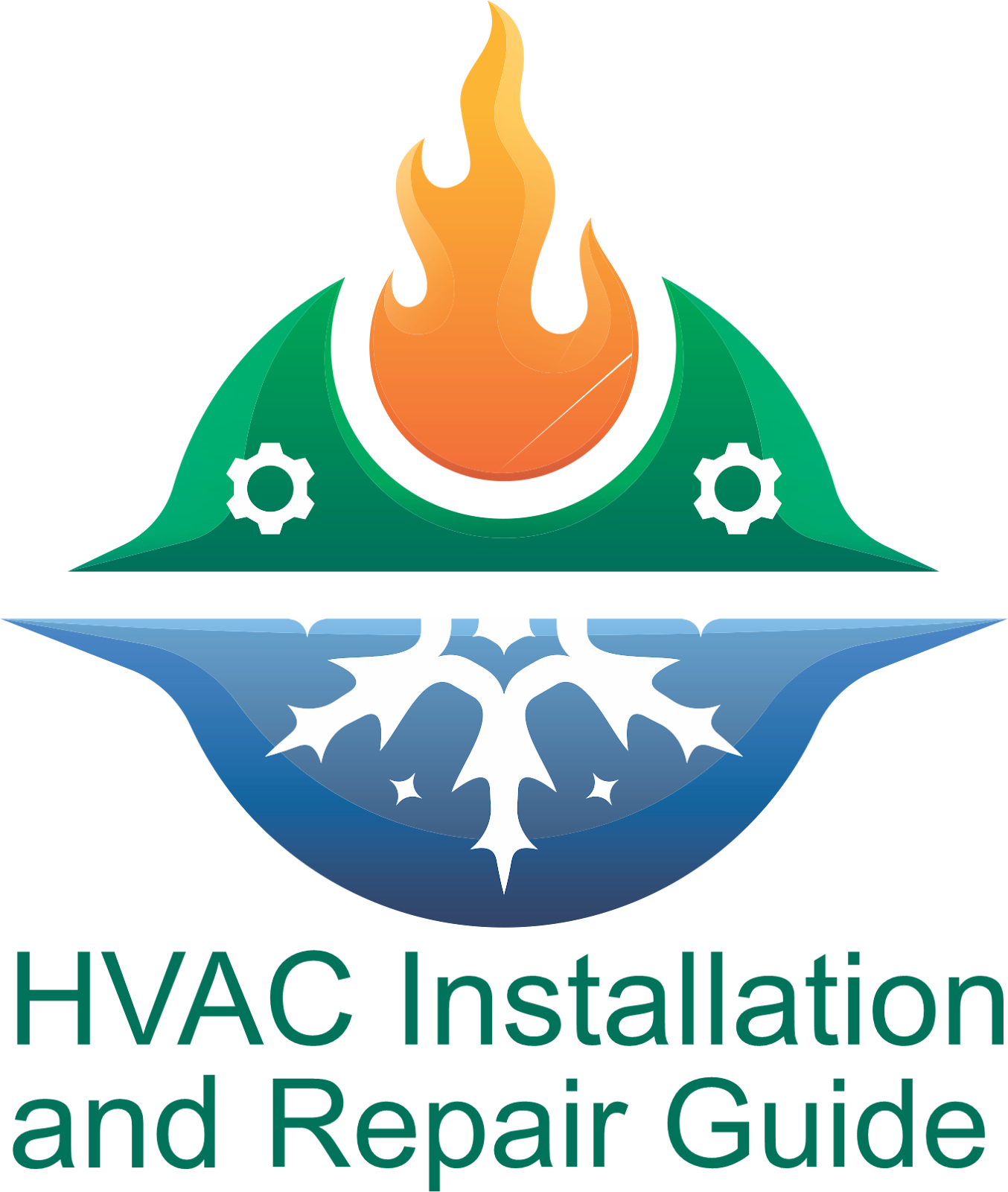Your Furnace may be Exacerbating your Allergies
Have you ever noticed that you wheeze more than normal when you switch on your heat for the first time in the fall? Fall allergies are still highly common and afflict many people, even though spring allergies frequently have a worse image. Because colder temperatures weaken our immune systems and push our equipment to work harder, some people may experience fall allergies that are even more severe than in spring. This may prompt you to wonder whether allergies in Waldorf are caused by or made worse by furnaces.
Allergies cannot be caused by furnaces, although they might be aggravated by them. How? Dust, pet dander, and other contaminants can gather in heating ducts during the warmer months. All those allergens are now pumped through the ductwork and move inside our homes when the winter temperatures arrive and we turn on the heating for the first time. Fortunately, there are steps you can take to prevent your heater from making your allergies worse.
How to Prevent Using Your Furnace to Make Your Allergies Worse
Replace the HVAC filter. One of the best tasks you can perform to help your allergies at any time of the year is routinely updating your filters. To keep you from having trouble breathing, clean filters are perfect for removing allergens from the air in your home.
Clean the air ducts. Small particles can also be found in your ventilation system in addition to your HVAC filters. Your HVAC system will operate more effectively and allergy symptoms may be lessened with an air duct cleaning. When you arrange an air duct cleaning, technicians inspect and clean parts including your supply and return ducts, registers, grilles, and diffusers when you arrange an air duct cleaning.
Maintain Your Furnace Properly. Another great technique to improve the air quality in your home and maintain the most efficient heating system is regular HVAC maintenance. It usually helps to have an HVAC technician perform a maintenance check before turning on your heat to make sure your filters and air ducts are clean and everything else is in working order.
Chronic diseases and allergies can be annoying, and it can be difficult to determine what causes or exacerbates them. Here are some additional questions and their relevant ideas and responses.
Forced air: Is it harmful to allergies?
People with allergies are regularly informed that forced air heating might exacerbate their allergies. When using a forced air heating system, allergens may be forced through the air, causing you to breathe them in more frequently than if you were using a radiant heating system. While it is true that forced air systems can aggravate allergies, this only happens if you fail to take proper care of your system. In addition to the actions we've just mentioned, you can also:
Sweep and vacuum your home on a regular basis. Your air ducts won't become clogged with dust, pet dander, or mold spores, so your air system won't be able to circulate them into the air for you to breathe in. Additional cleaning advice includes:
- Verify the HEPA filter in your vacuum.
- Before vacuuming, dust.
- Curtains are a popular allergen collector, so clean them frequently.
- Be cautious about cleaning underneath and behind furniture.
- Keep an eye on the moisture levels in your home. The aggravation of allergies might also be attributed to high humidity levels. Mold and dust mites flourish in humid environments. If you add a dehumidifier to your HVAC system, the air quality inside will be much better and the humidity level will stay the same.
Which Furnace Filter is best for Allergies?
If you or a member of your family has allergies, HEPA filters are generally the best. HEPA filters provide a 99.97 to 99.99% removal rate for particles including dust, pollen, and grime. Depending on the manufacturer or kind of filter, these filters range in MERV rating from 17 to 21. This rating demonstrates how well a filter can remove airborne impurities. HEPA filters have high-efficiency filtering components, which make them thick and can decrease airflow. If you want to make sure your heating and cooling system can function properly with these high-efficiency filters, it's useful to speak with HVAC Installation and Repair Guide Experts.
Tags
ac maintenance
ac repair
ac repair installation
ac replacement
central air conditioner
ductless mini-splits
Furnace Installation
Furnace repair
Heat pump repair
HVAC Installation
HVAC repair

.jpg)